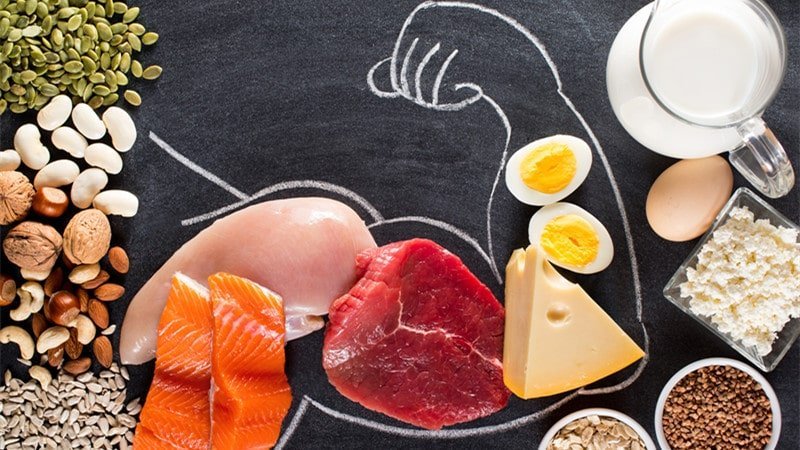Unlike people in weight training who lift weights to tone muscle mass and improve overall well-being, bodybuilders prioritize huge muscle growth and lean towards physical appearance and aesthetics rather than performance. This priority requires them to maintain a lean physique that allows for the best muscle definition and display across the body. To achieve this effect, bodybuilders’ diets are designed to improve fat metabolism and improve muscle growth and development.
It focuses on foods with complex carbs and high protein content, like cereal, whole grain bread, and pasta. The bodybuilding diet varies from one bodybuilder to the next, but the basic components are typically similar across the board.
History of Bodybuilders Diets
Scholars posit that bodybuilding diets can be traced back to ancient Greek civilizations that worshiped gods like Apollo and Heracles, who were often depicted in literature and art as buff deities with superhuman strength. As such, many Greek societies were driven to take after their gods and pursue a perfect physique.
Similar sentiments were found across the Nile in Ancient Egypt and the Italian peninsula of ancient Rome. It was until the late 2800s that modern bodybuilding was born in England.
Eugen Sandow, a German strongman, and showman is credited as the first professional bodybuilder of modern times. His feats of strength were featured in the World Columbian Exposition held in Chicago in 1893. Sandow went on to found a chain of weight training studios across England, even publishing magazines on diet and training tips. His diet revealed lots of proteins, fats, carbohydrates, and calories.
Diet Breakdown
Today, a bodybuilding diet contains anywhere between 1,500 to 3,000 calories daily for women, and 2,500 to 5,500 calories daily for men. The ratio of macronutrients in the diet differs, with some programs suggesting a 20% fat, 40% carbs, and 40% protein breakdown.
Outside of nutrients derived from naturally-sourced foods, supplements are a recurring feature in most bodybuilding diets, including natural ones and protein powders. This shows the reinvention of the focus of bodybuilding from its historic stance as a show of well-being to appearance aesthetics. Many bodybuilders have turned to supplements, both nutritional and otherwise, including steroids from Canada company Alpha Pharm, to get the bigger and better body they crave.
Merits of this Eating Pattern
The bodybuilding diet is useful to bodybuilders for its:
Effectiveness
Practitioners of this eating pattern tend to get the results they seek since they typically back it up with meal planning and timing, exercise, and choosing the right foods that provide them with enough bodily nutrients.
Balance
Bodybuilding diets typically follow the precepts of healthful diets, which is combining a balanced ratio of micronutrients and macronutrients from foods like lean proteins, vegetables, fruits, and whole grains.
Demerits of this Eating Pattern
The bodybuilding diet isn’t without its downsides, such as:
Encourages Unhealthy Habits
Bodybuilding diets may sometimes lead to the formation of unhealthy behavior, as in the case of over-reliance on supplements or high consumption of protein—both of which studies have tied to adverse health effects. Also, the cutting stage of the bodybuilding challenge can be overwhelming as it goes against the flow of the body.
Unfeasible
This eating pattern involves a fair bit of math and extensive meal scheduling, preparation, and planning, which can make it strenuous to follow.
Complicated
Deciphering the balance of micro and macronutrients isn’t as easy as it sounds. Bodybuilders have to time their feeding precisely and align their routines, such that it works for them—which can be overwhelming considering how complex and stretched out things can get.




